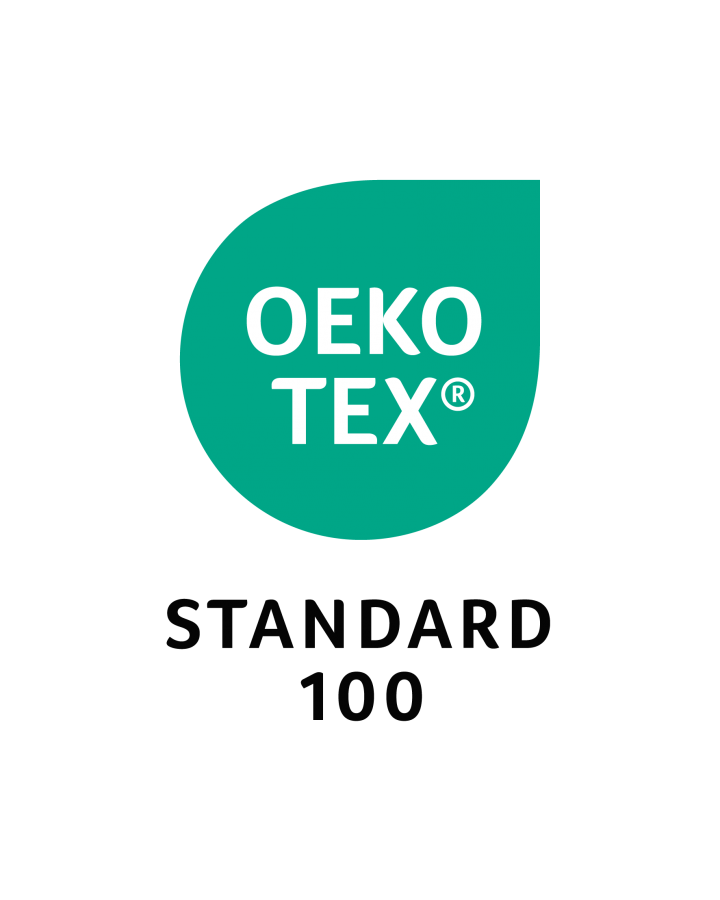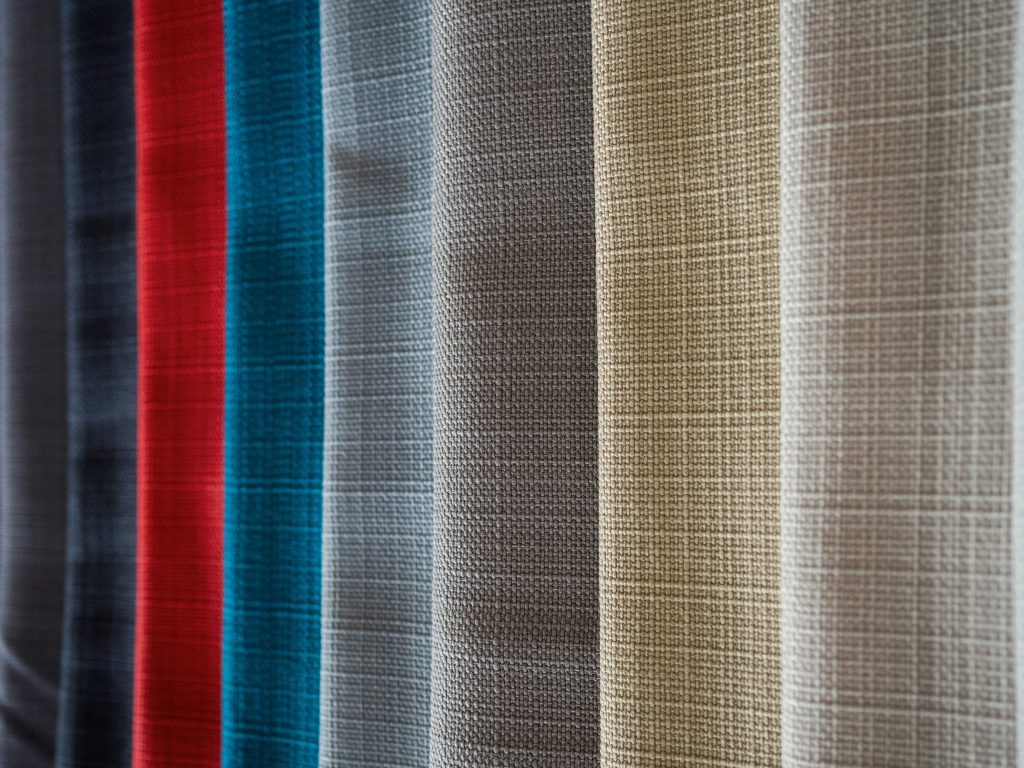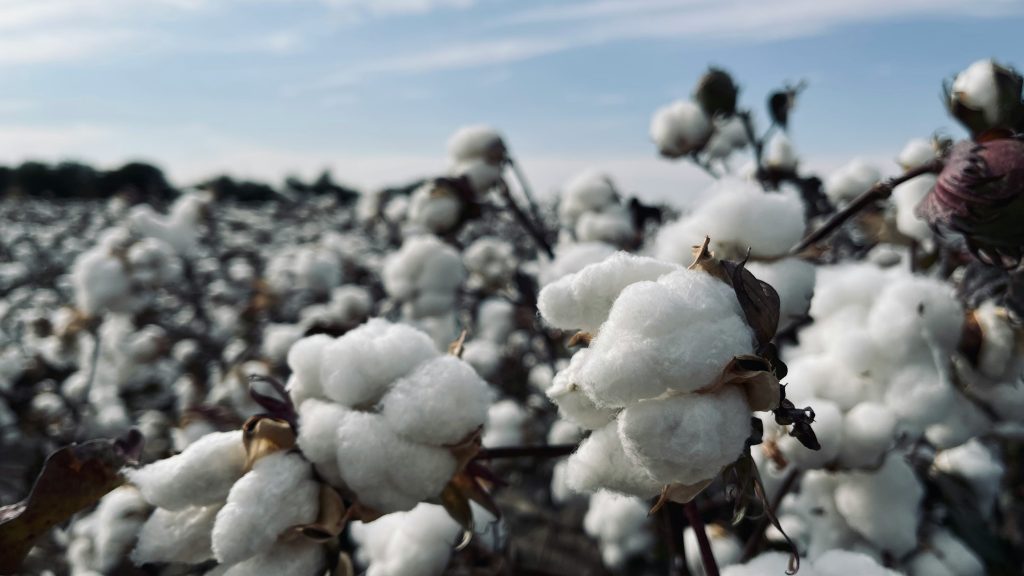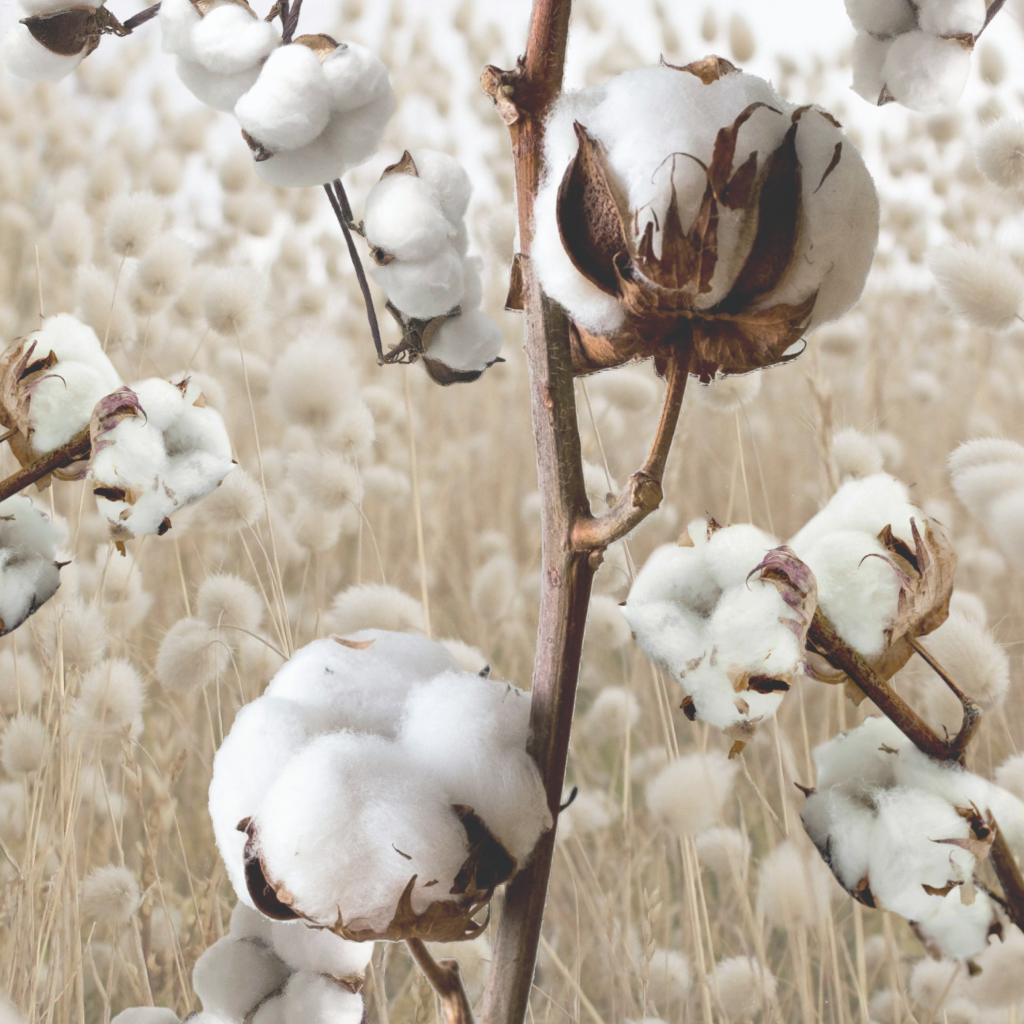Oeko-Tex: The Sustainable Choice for Brands and Consumers
As the world becomes increasingly aware of the environmental impact of the fashion industry, consumers are demanding more sustainable and ethical choices. In response, many brands are turning to certifications such as Oeko-Tex to demonstrate their commitment to sustainability and social responsibility. In this article, we will explore the challenges and opportunities of Oeko-Tex certification for brands and European customers.
What is Oeko-Tex?
Oeko-Tex is an international organization that sets standards for textile production and certifies products that meet those standards. The organization was founded in 1992 by a group of textile research institutes in Germany, Austria, and Switzerland with the goal of promoting sustainable and responsible textile production. Today, Oeko-Tex is recognized as a leading global certification for textiles.

The Oeko-Tex Standard 100 is the organization’s most well-known certification. It certifies that textile products are free from harmful substances and meet strict safety and environmental standards. To receive the Standard 100 certification, textile products must undergo rigorous testing for chemicals, including those that are banned or regulated by the European Union. The certification covers all stages of textile production, from raw materials to finished products.
Why is Oeko-Tex a challenge for brands?
For brands, achieving Oeko-Tex certification can be a complex and time-consuming process. It requires a significant investment of resources, including money, time, and personnel. Brands must also be willing to make changes to their supply chain, which can be a major challenge.

One of the biggest challenges for brands is identifying and eliminating harmful substances from their supply chain. This requires a deep understanding of the chemicals used in textile production, as well as the ability to track and trace those chemicals throughout the supply chain. Brands must also be able to demonstrate that they have implemented effective systems to ensure that harmful substances are not used in the production of their products.
Another challenge for brands is communicating the benefits of Oeko-Tex certification to consumers. While many consumers are becoming more aware of the importance of sustainability, they may not be familiar with Oeko-Tex or understand what the certification means. Brands must be able to effectively communicate the benefits of Oeko-Tex certification and why it is important to choose products that meet these standards.
Why is Oeko-Tex important for European customers?
For European customers, Oeko-Tex certification is an important indicator of a product’s safety and sustainability. The European Union has some of the most stringent regulations in the world when it comes to chemicals and textile production. As a result, European consumers have come to expect a high level of safety and quality from the products they purchase.

Oeko-Tex certification provides European consumers with the assurance that the products they are purchasing meet strict safety and environmental standards. This can be particularly important for products that come into direct contact with the skin, such as clothing, bedding, and towels. By choosing certified products, European consumers can be confident that they are making a responsible and sustainable choice.

Toward the future. Sustainability
In conclusion, Oeko-Tex certification is a key challenge for brands that are committed to sustainability and social responsibility. While it requires a significant investment of resources, it can provide brands with a competitive advantage and help them meet the growing demand for sustainable and ethical products. For European consumers, this certification is an important indicator of a product’s safety and sustainability. As the fashion industry continues to evolve, it is likely that Oeko-Tex certification will become even more important for brands and consumers alike.


